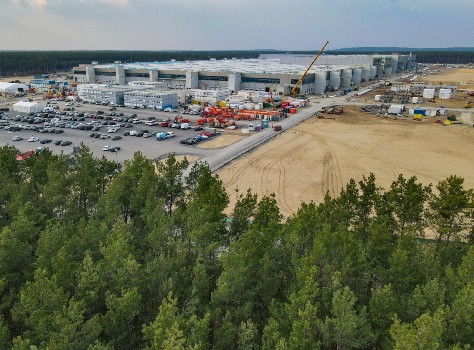At 23 years and 106 days, Vettel took the title with a faultless drive from pole position to the chequered flag, resisting a strong challenge from Briton Lewis Hamilton of McLaren, who in 2008 had achieved the same feat at the age of 23 and 307 days.
Hamilton came home second after a long period of frustration behind Pole Robert Kubica’s Renault and was followed home by his team-mate and compatriot Jenson Button, the outgoing 2009 champion.
It was Vettel’s 10th career win – his fifth of the season – and came from his 15th pole.
Finn Keke Rosberg came home fourth for Mercedes on a day when his 41-year-old team-mate and compatriot Michael Schumacher had been forced to retire following a big accident on the opening lap.
Kubica came fifth ahead of his team-mate Russian Vitaly Petrov of Renault with two times champion Spaniard Alonso of Ferrari back in seventh place, failing to deliver the result, after a disappointing early pit stop, and the points he needed to maintain his championship lead and take the title.
Vettel ended up with 256 points to take the title ahead of Alonso on 252, Australian Mark Webber, his Red Bull team-mate, on 242, and Hamilton on 240. Webber came in eighth behind Alonso after a difficult and disappointing race.
In Vettel’s hometown of Heppenheim, around 1,500 of his fans celebrated his victory. Cheers of “Sebastian, Sebastian” echoed round the town of 25,000 south of Frankfurt.
“All residents of Heppenheim are very proud and congratulate Sebastian Vettel for his extraordinary, historic feat,” mayor Gerhard Herbert told news agency SID. “We’ll organise something to celebrate this event in Heppenheim.”
There are plans to hold a reception for Vettel here once he has visited the Red Bull headquarters in Salzburg, Austria, after his return from Abu Dhabi.
Vettel is only the second German, after seven-times world champion Michael
Schumacher, to win the world title.
AFP/The Local/mry



 Please whitelist us to continue reading.
Please whitelist us to continue reading.
Member comments